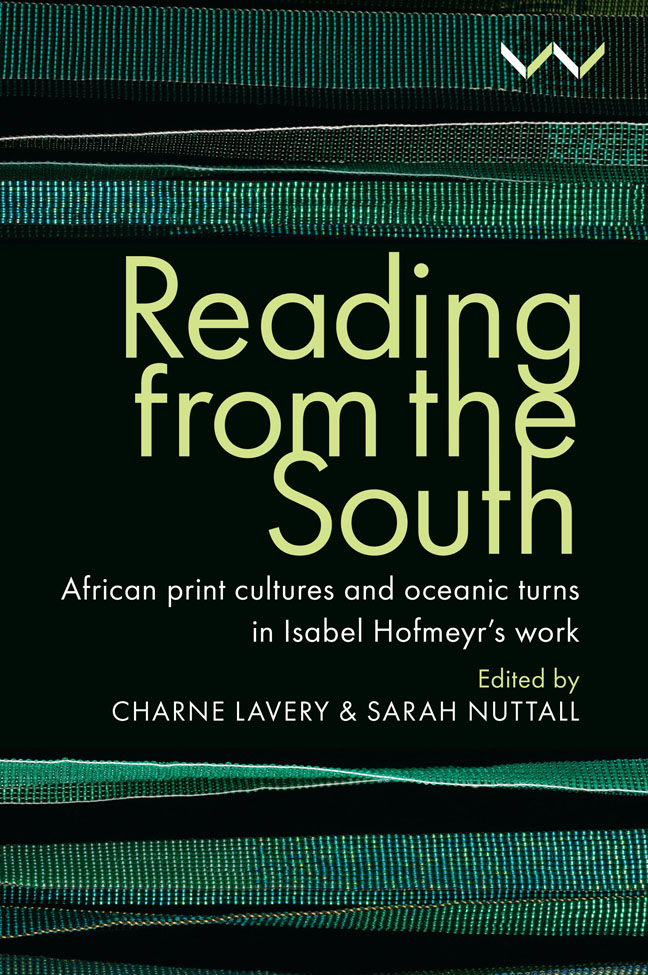Chapter 9 - A Turn to the Indian Ocean
Published online by Cambridge University Press: 01 March 2024
Summary
PRINT CULTURE IN THE INDIAN OCEAN
I first met Isabel Hofmeyr in London, in 2008. Both of us had quite recently begun to write about the Indian Ocean world, and with that in mind a mutual friend, the brilliant South African historian Hilary Sapire, introduced us. Hofmeyr was in the UK to give the McKenzie Lecture in the field of book history at Oxford. Her lecture was an early iteration of the ideas that would become Gandhi's Printing Press (Hofmeyr 2013), and I had just started working on the project that turned into my Crossing the Bay of Bengal (Amrith 2013). Over tea at the British Library, we discussed at length a piece that we both admired: Mark Frost's essay on the cosmopolitan intellectual culture of colonial Colombo (Frost 2002).
Frost sketched the contours of an intellectual and social world that had received little scholarly attention. Overshadowed by the study of anticolonial nationalism and obscured by the boundaries of area studies, this world had found no place in the metropole-periphery mould of imperial history. He wrote:
During the latter part of the nineteenth century and until after the First World War the imperial cities of the Indian Ocean became thriving centres for cultural exchange and intellectual debate. Entrepots like Bombay, Madras, Calcutta, Rangoon and Singapore witnessed the emergence of a non-European, western-educated professional class that serviced the requirements of expanding international commercial interests and the simultaneous growth of the imperial state.
(Frost 2002, 937)Frost pointed to the ‘informational explosion’ (940) that linked the Indian Ocean's port cities, sometimes re-energising much older Buddhist and Islamic networks, and in other cases connecting previously discrete social worlds anew. Through the mass diffusion of printed material, hastened by the telegraph and the imperial post, the circulation of ideas was unleashed. In this world the ‘proximity of alternative mores, practices and beliefs’ (941) stimulated movements of social and political reform that were not all nationalist, nor even anti-colonial.
Frost's intervention emerged from three distinct but converging concerns. First, within the academy, a ‘crisis’ of area studies led to a search for alternative spatial orientations. By the late 1990s, the project of area studies struck many as outdated and compromised: too bounded in its frameworks to comprehend a world of global migration; too tied in its origins to the US government's Cold War counter-insurgencies.
- Type
- Chapter
- Information
- Reading from the SouthAfrican Print Cultures and Oceanic Turns in Isabel Hofmeyr's Work, pp. 137 - 147Publisher: Wits University PressPrint publication year: 2023



